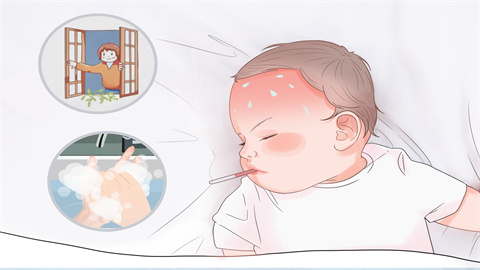Is it good to administer medication rectally to a child with a fever?
Generally speaking, fever refers to an elevated body temperature. Administering medication via the rectal route for fever in children is usually beneficial for the child. The detailed explanation is as follows:

Rectal administration refers to the absorption of medication through the rectal mucosa, which directly helps reduce fever and lower body temperature. This method avoids absorption through the gastrointestinal tract, prevents irritation to the digestive system, and bypasses the hepatic-enteric circulation, thus resulting in relatively fewer side effects. It is more acceptable for feverish children and is convenient to administer. Therefore, rectal administration for fever is generally beneficial for infants.
The main forms of rectal administration include enemas and antipyretic suppositories. If the effect of rectal administration is not significant, other methods should be used to reduce the fever, such as oral antipyretic medications. Specific treatments should follow medical advice.
When choosing a method of drug administration, the child's condition, age, weight, and other factors should be comprehensively considered, and the procedure should be conducted under a doctor's guidance. Meanwhile, parents should closely monitor the child's response to ensure the safety and effectiveness of the treatment.








